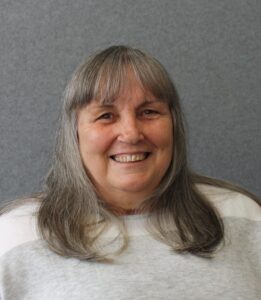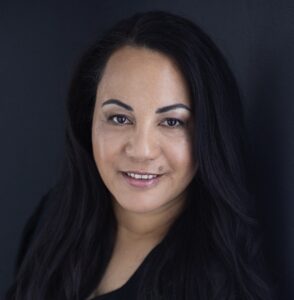Health Minister Andrew Little this week announced plans to double the number of registered nurses doing specialist mental health and addictions training from 234 to around 500, in two years.

Mental Health Nurses Section (MHNS) chair Helen Garrick said community mental health nurses in particular had been heavily impacted by COVID over the past two years, as they tried to support people often living in “dire” conditions who lagged in vaccination uptake.
“To address their poor conditions at the same time as their mental illness and COVID on top. . . it has been a real challenge in the community,” Garrick said.
Garrick has long-called for investment into growing the mental health nursing workforce and in 2019, complained the voice of nurses was “not visible” in the Government’s mental health and addiction inquiry, He Ara Oranga.
But in this Ministry of Health campaign, nurses – both NZNO’s Garrick and Te Ao Maramatanga NZ College of Mental Health Nurses – had been involved “right from the very beginning, which was quite unusual”, Garrick said. “This has been very nurse-driven.”
“To address their poor conditions at the same time as their mental illness and COVID on top. . . it has been a real challenge in the community”
The Are You Ready? campaign is aimed at young people undecided on their path, nursing students and Māori and Pasifika, as well as attracting former mental health nurses back to the profession, she said.
While it would take four years to complete a nursing degree plus the one-year mental health and addictions training, former mental health nurses could be retrained and on the ground within months, with enough support, Garrick said. It was hard to know how many there might be. “We don’t have any idea how many possibilities there are but we can live in hope that there’re going to be a few who will come out of the woodwork,” she said.
“I know a lot of nurses who left to have kids and… once you’ve been out for five years or more it’s a rigmarole to get back in and it’s also a bit costly.”
Overseas nurses were another possibility, although Aotearoa’s cultural competency requirements meant this was “not simple”, she said. “Language can be an issue at times – it’s not a perfect solution but it is a shorter term solution than waiting for people to do a three-year grad programme then go into a specialty practice programme.”
The campaign had been two years in the pipeline, due to COVID disruptions, Garrick said.
It is being funded from a $77 million workforce development fund, set out in the 2019 “Wellbeing” Budget, Little said.

Chief nurse Lorraine Hetaraka said the campaign showed what a rewarding path mental health and addiction nursing could be.
Also this week, the Mental Health and Wellbeing Commission released its report on mental health and addiction, which found little improvement in mental health services since 2019, despite $1.9 billion allocated for mental health and wellbeing.
Little said much of the investment was in infrastructure and skills development which would not be seen for another two to four years.
Garrick said she would continue to push for direct-entry mental health and addictions nursing programmes.



